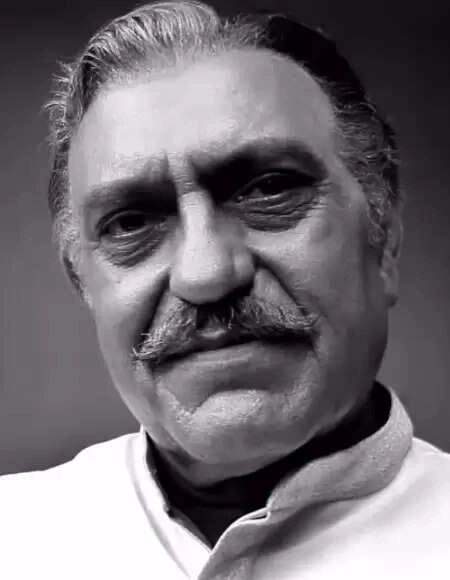The Supreme Court of India has expressed a pressing need for clarity regarding the deletion of voters from the electoral rolls in Bihar. The court emphasized that without transparency and well-defined criteria for the removal of voters, the integrity of the electoral process could be compromised. This concern arises from allegations that the deletions may not have followed due process, potentially disenfranchising a significant number of eligible voters. Such actions could undermine the democratic principle of ensuring that every citizen has the right to participate in elections, which is fundamental to the functioning of a healthy democracy.
The apex court’s call for clarity highlights the importance of having a transparent mechanism in place for managing electoral rolls. It is essential that any deletions or modifications to the voter list are carried out based on clear guidelines and that affected individuals have the opportunity to contest their removal. The court’s stance reflects a broader concern about electoral integrity, especially in a politically sensitive state like Bihar, where the stakes are high, and the political landscape is often contentious.
Moreover, the Supreme Court’s intervention serves as a reminder of the judiciary’s crucial role in upholding democratic norms and ensuring that electoral processes are fair and transparent. The court’s insistence on clarity in the deletion process is not just about addressing the immediate concerns in Bihar; it speaks to the larger issue of electoral reforms in India. Ensuring that voters are not arbitrarily removed from the rolls is pivotal in maintaining public trust in the electoral system. As the court continues to examine this issue, it underscores the need for accountability and adherence to democratic principles in the management of electoral processes across the country.




